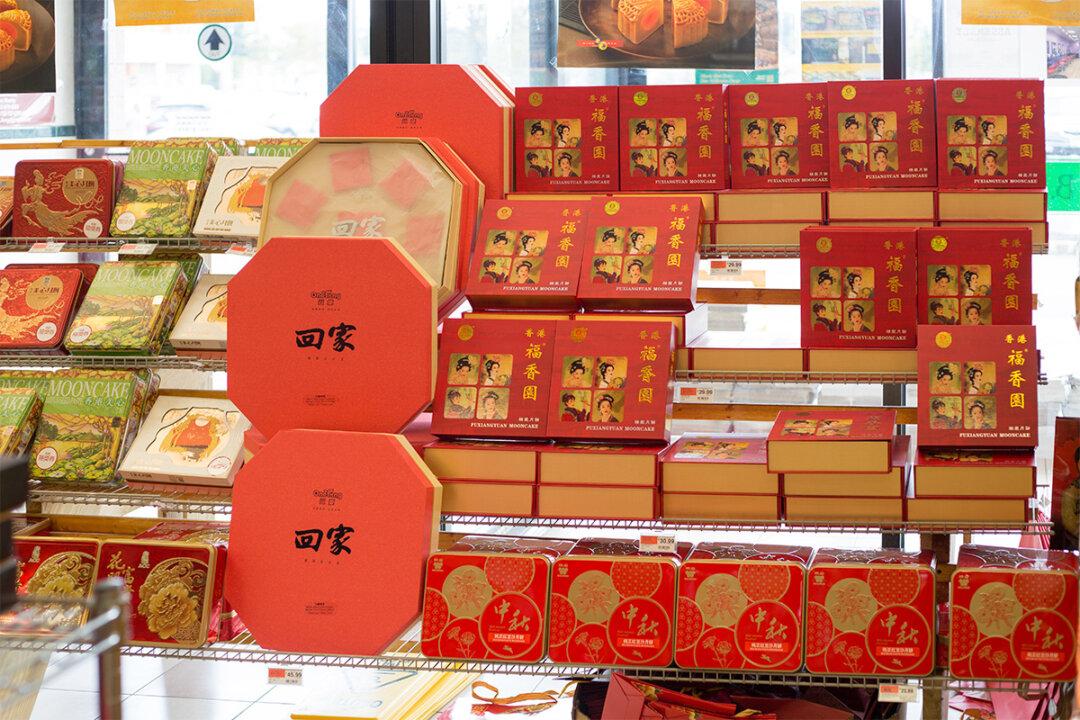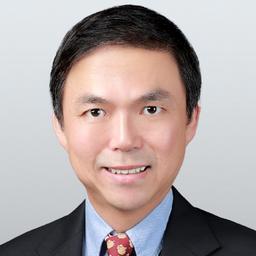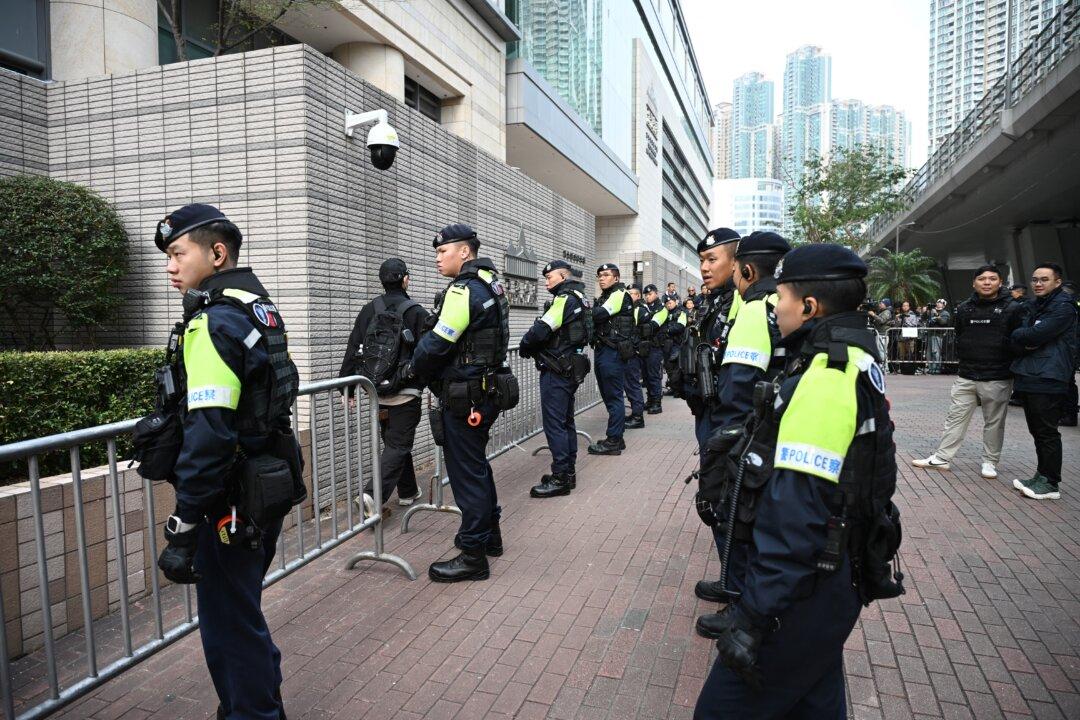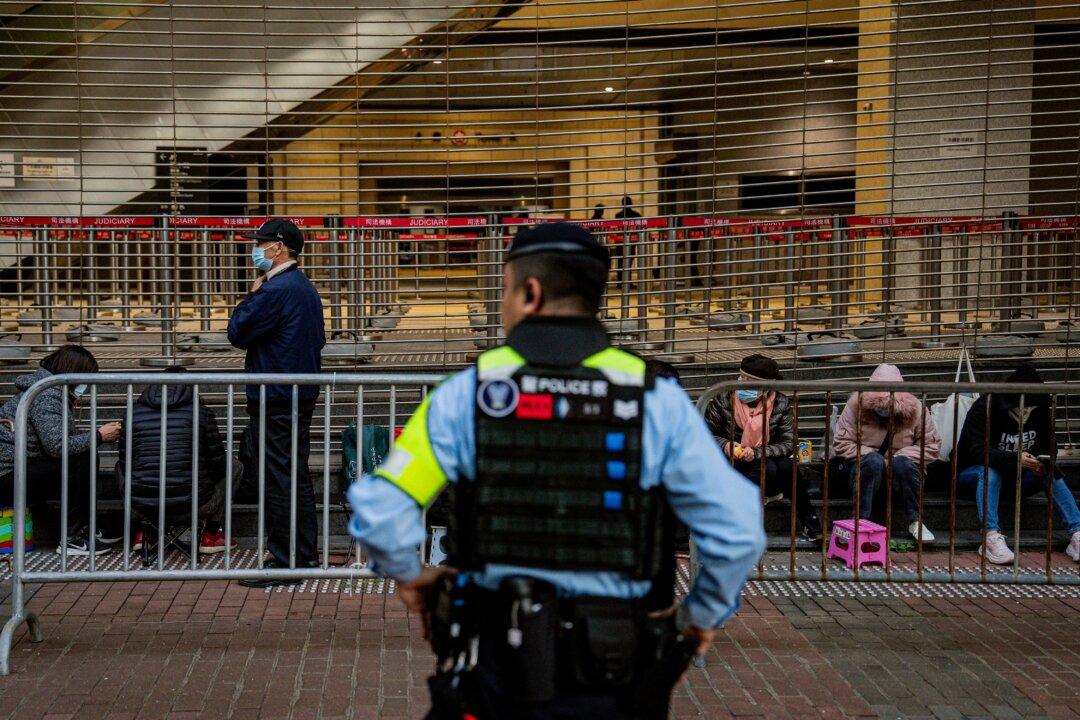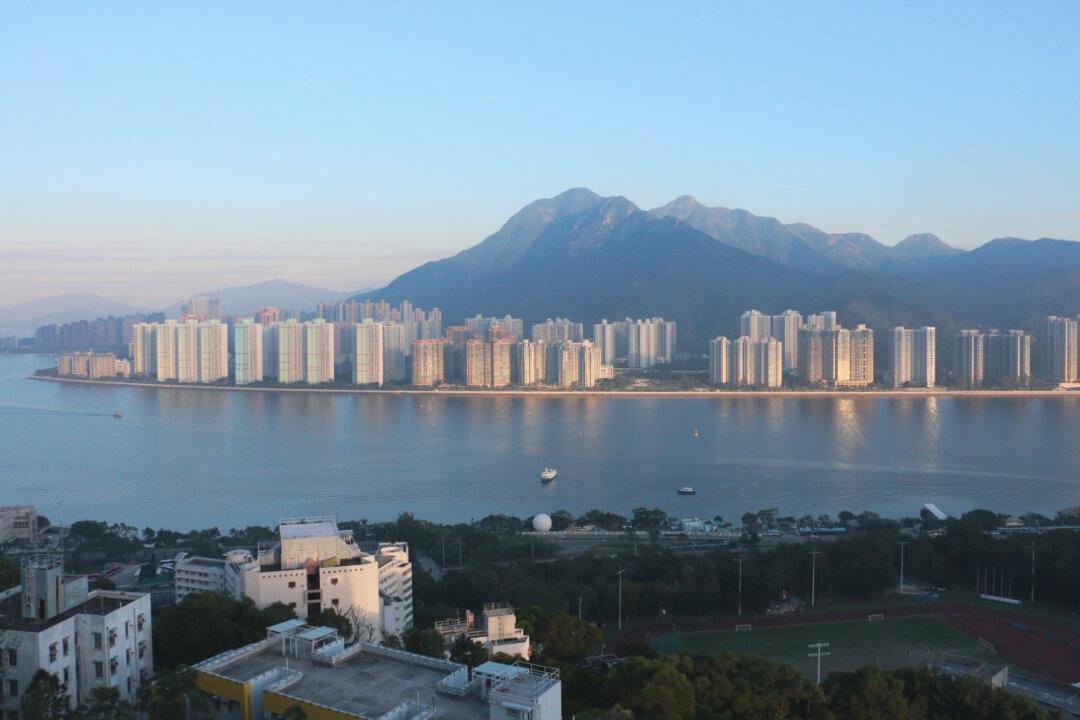Commentary
As I stood in a Chinese supermarket in Toronto, Canada, gazing upon the beautifully arranged mooncakes (月餅), I found myself transported to a poignant memory—my last Mid-Autumn Festival in 2020, spent in Hong Kong during a politically tumultuous period, a mere three months after the enactment of the National Security Law. The mooncakes on those shelves appeared to encapsulate the very essence of the festival, evoking a history of resilience and the compelling power of unity. This was particularly poignant when considering the historical struggles of the Chinese people against the Yuan Dynasty.
